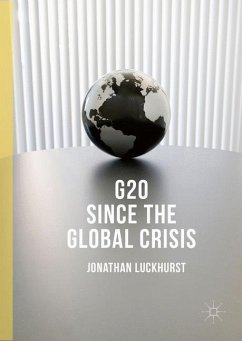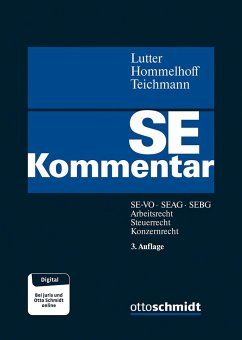
The Shifting Global Economic Architecture
Decentralizing Authority in Contemporary Global Governance
Versandkostenfrei!
Versandfertig in 6-10 Tagen
83,99 €
inkl. MwSt.
Weitere Ausgaben:

PAYBACK Punkte
42 °P sammeln!
This book analyzes the shifting global economic architecture, indicating the decentralizing authority in global economic governance since the Cold War and, especially, following the 2008-09 global financial crisis. The author examines recent adjustments to the organizational framework, contestation of policy principles, norms, and practices, and destabilizing actor hierarchies, particularly in global macroeconomic, trade, and development governance. The study's 'analytical eclecticism' includes a core constructivist IR approach, but also incorporates insights from several international relatio...
This book analyzes the shifting global economic architecture, indicating the decentralizing authority in global economic governance since the Cold War and, especially, following the 2008-09 global financial crisis. The author examines recent adjustments to the organizational framework, contestation of policy principles, norms, and practices, and destabilizing actor hierarchies, particularly in global macroeconomic, trade, and development governance. The study's 'analytical eclecticism' includes a core constructivist IR approach, but also incorporates insights from several international relations theories as well as political and economic theory. The book develops a unique 'analytical matrix', which analyzes effects of strategic, political, and cognitive authority in the organizational, policy, and actor contexts of the global economic architecture. It concludes that, despite concerns about potential fragmentation, decentralizing authority has increased the integration of leading developing states and new actors in contemporary global economic governance.












